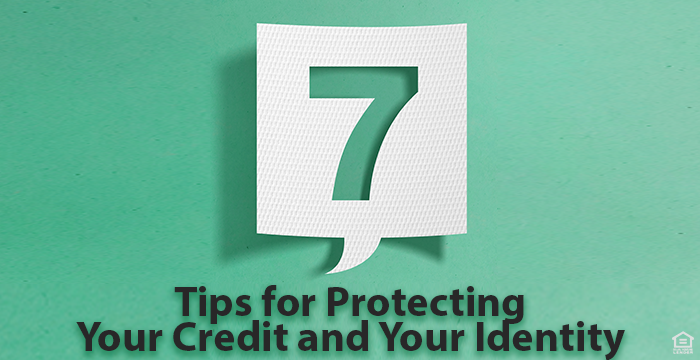Fraud Expert Frank Abagnale’s 7 Tips for Protecting Your Credit and Your Identity

Considered one of the world’s most respected authorities on credit fraud and identity theft, Frank Abagnale offers more than 45 years of experience behind his advice. Those who are familiar with Spielberg's Catch Me if You Can will recognize the story of the former con man and longtime FBI security consultant.
How Your Personal Information Can Be Stolen and Misused
The majority of stolen information is used to open new accounts, including checking and savings, loans, credit cards, utilities, and more. Other data misuse can be through an existing card or non-card accounts. Your full name and your social security number are the two most commonly stolen pieces of personal information. Those two pieces of data alone give thieves enough information to wreak havoc on your financial security.
Use a Credit Card Rather Than a Debit Card
Ask yourself, what is the safest form of payment in America and around the world? A credit card. If someone gains access to your credit card, you are not liable for the damages. You can simply cancel your card, receive a new one, and avoid the financial catastrophe completely.
When you use a debit card, you are exposing the money in your personal account to data breaches. Most banks will ultimately reimburse you for fraudulent activity; however, it could take months and much labor before you get your money returned.
Regularly Monitor Your Credit
Keeping pristine credit is more important than ever. Outside of applying for a mortgage or an auto loan, your credit is a factor for employers and insurance companies, too.
Checking your credit regularly is crucial to its protection. Regular credit checks enable you to check for inaccurate information and suspicious activity. They also provide the opportunity for you to determine the best ways to maintain or improve your credit. All three credit bureaus provide a free report once a year.
Monitoring your credit is easier than ever. Check out these three bureaus offering free annual credit reports.
Freezing Your Credit
A credit freeze means that potential creditors are unable to access your credit report, making it more difficult for an identity thief to open new lines of credit in your name. A freeze will not affect your credit score or your ability to use your current accounts.
You will need to unfreeze your credit when applying for new lines of credit, auto loans, or a mortgage. Freezing your credit is completely free and there is no limit to how many times you can freeze or unfreeze it.
Not All Shredders Are Created Equal
Shredding documents containing financial statements, pre-approved credit offers, and personal information is the most secure way to prevent that information from getting into the wrong hands. Abagnale prefers “micro-cut shredders that turn paper into confetti” for maximum security.
Discarding of Copy Machines and Scanners
If you or your business or home are getting rid of a copy machine or scanner, make sure that the information on the hard drive is deleted or destroyed. Make sure that your computer’s security is up-to-date, too. It’s important to have both antivirus and firewall protection installed.
Don’t Sign Checks with Any Old Pen
One of the most overlooked security details is the pen that you use. Uni-ball 207 gel pens are the best way to prevent “check washing”, a process where checks are stolen, washed of the original ink, and rewritten as payable to a thief. Changing the pen that you use is a cheap and easy way to grant yourself ultimate peace of mind.
Share Safely on Social Media
With the increased use of social media on a global scale, don’t become a victim of opportunity. Real-time status updates of your travels and vacations open you up to robbery, stalking, and identity fraud.
Be wary of sharing your full name, birthdate, and home town on popular social media sites. This information can be used by thieves to crack your security questions, passwords, and more. We can all stay safely connected to our friends and family by remaining educated and aware of what we’re posting online.
You can visit Frank Abagnale's website and learn more by clicking this link.